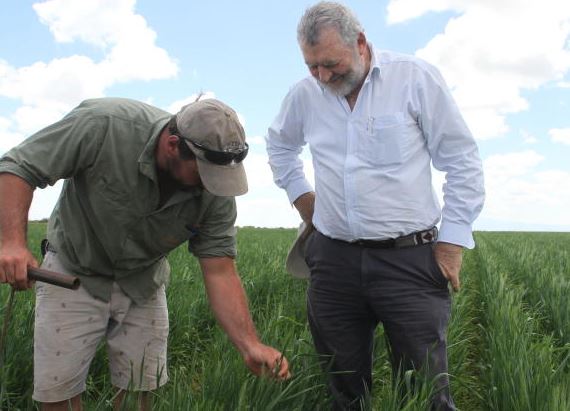×
The Standard e-Paper
Home To Bold Columnists

A drive between Mombasa and Malaba would be incomplete without seeing a long-haul lorry slapped with the word 'Rongai' across its face.
For years, the logo was so popular that a generation of residents living along this great thoroughfare thought that Rongai was the make of the vehicles.